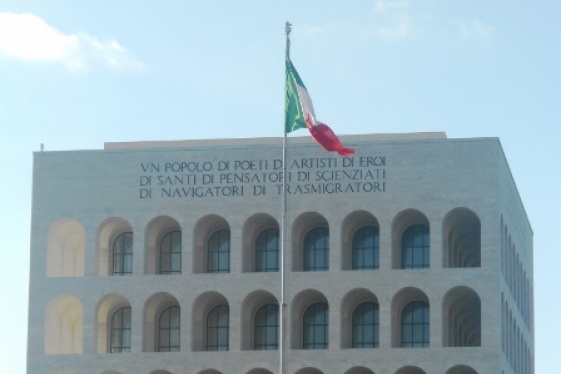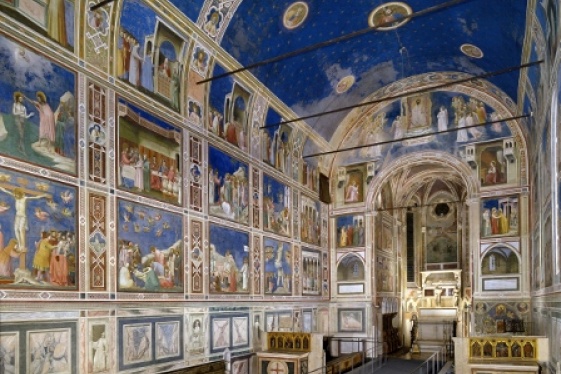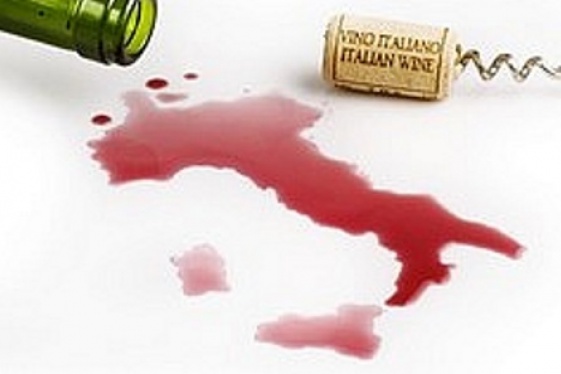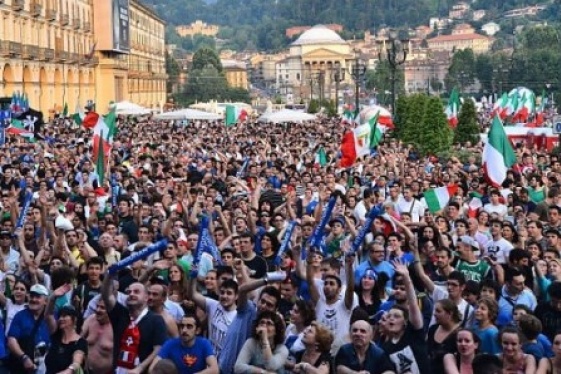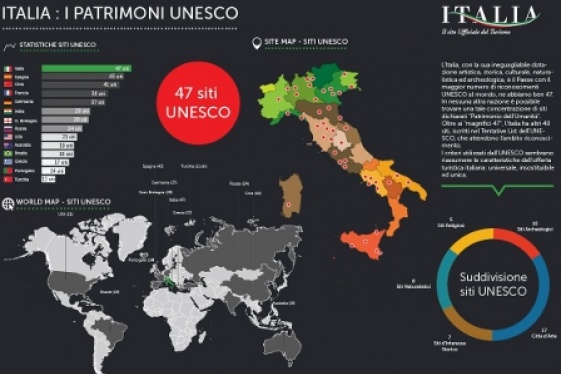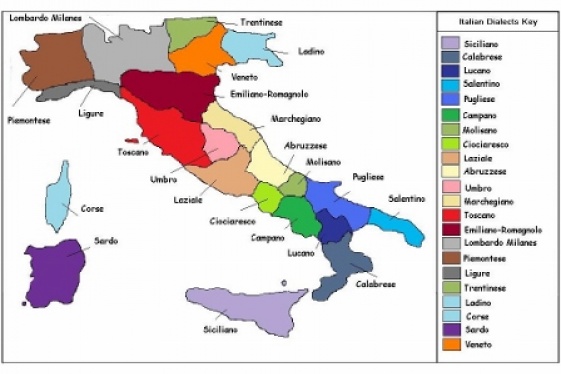

WTI Magazine #63 2015 June, 27
Author : Elda Buonanno Foley Translation by:
In a recent video presented at the economy forum in Davos (Switzerland), the Italian government has successfully attempted, in handful of seconds, to address the most popular Italian stereotypes. In the video, the popular and common "types" are indeed revealed as part of an Italian excellence that is remarkably prosperous and successful all over the world for a wide spectrum of enterprises that, indeed, make Italy one of the leaders in the pharmaceutical and technological areas, just to name a few.
In the video, it is emphasized that one of the most popular images of the Italians is to be known as party addicts. The short reply to this assumption is: absolutely! We love celebrations and any occasions of social gatherings. However, there is a long answer to that statement and there are several perspectives and a deeper essence to it. Let's clarify a couple of points.
Firstly, if to be marked as party addicts means to get drunk at any occasions with family and friends, well that is not true. For Italians, the social gathering – the party/or celebration- has a deeper meaning whose value is deeply rooted in our customs and traditions.
Secondly, what is a party or a celebration for us? Let's clarify a neat distinction between public and private events and even in these two groups there are several distinctions. We certainly celebrate the publicly acclaimed and recognized days such as the holy days (Christmas, New Year's Eve and New Year's Day, Easter, All saints) in addition to our public and political celebratory days such as (Liberation Day, Labor Day, The Day of the Republic). But we also celebrate the private events such as a christening, first communion and wedding, graduation days, and even a funeral.
However, in the public sphere for example, we need to add other items that embody and represent the real essence of the Italians. I am talking about those events that are more local and peculiar to towns and cities of Italy and that transcend the superficial value of being "another feast".
Let's talk about the eno-gastronomic feasts that occur all year round all over Italy and that are linked to the more than 200 local products (olive oil, cheese, fruit, meat, fish and so forth): these celebrations called "sagre" represent more that occasional social gatherings in the streets of towns or local "piazza". They often have medieval origins and they are renewed every year in an attempt to emphasize a respect for the land and the sacrifice of the hard work, not to mention the archaic value of several products for the local people.
Famous are the "Sagra del Tarfufo " (Truffle Feast) in Norcia (Umbria), Sagra della Ciliegia ( Cherry Feast) in Lari ( Tuscany), Sagra della Frittura di Pesce e della Fava ( Fried Fish and Fava Bean Feasy) in Arcille (Tuscany), Sagra della Porchetta di Costano (Perugia- Umbria) [Pork Feast], la Sagra della Cipolla (Onion Feast) in Cannara ( Umbria), not to mention the Sagra del Carciofo (Artichoke Feast) in Sezze ( Lazio) or the Sagra della Fragola ( several locations in Campania). The list is too long and the space too short to list all of them: each region, each town has its seasonal celebration often accompanied by concerts, historical representations and parades in the local customs. Why we do that? The answer is simple: we celebrate the past while evocating old traditions in view of making meaning for the future.
I will be forgiven if I have not mentioned other acclaimed historical events and feasts that make Italy the "traditional excellence" that it is: the Palio in Siena with its horse race (the fastest and shortest probably in the entire world), or the Carnival in Viareggio and in Venice, representations of a pagan past with masks and colorful costumes, or the Festa dei Gigli in Nola(Campania), a secular celebration with tall constructions that take a year to be built, just to name a few.
In sum, Italians are "indeed" party addicts: however, celebrations in all forms and shapes are, for us, the "colorful" way we celebrate our history, our regional and national identity and the secular value of traditions and customs.
You may be interested
-
The Italian Way Addressing the Italian Stereo...
WTI Magazine #72 2015 November 13Author : Elda Buonanno Foley Translation by:...
-
The Italian Way Addressing the Italian Stereo...
WTI Magazine #73 2015 November 27Author : Elda Buonanno Foley Translation by:...
-
The Italian Way: Addressing the Italian Itali...
WTI Magazine #78 2016 April 15Author : Elda Buonanno Foley Translation by: ...
-
The Italian way: Addressing the Italian Stere...
WTI Magazine #61 2015 May, 29Author : Elda Buonanno Foley Translation by: W...
-
The Italian Way: Addressing the Italian Stere...
WTI Magazine #64 2015 July, 10Author : Elda Buonanno Foley Translation by: ...
-
The Italian way: Addressing the Italian Stere...
WTI Magazine #59 2015 May, 1Author : Elda Buonanno Foley Translation by: If...
-
The Italian Way: Addressing the Italian Stere...
WTI Magazine #68 2015 September, 18Author : Elda Buonanno Foley Translation by:...
-
The Italian Way: Addressing the Italian Stere...
WTI Magazine #69 2015 October, 2Author : Elda Buonanno Foley Translation by: ...



